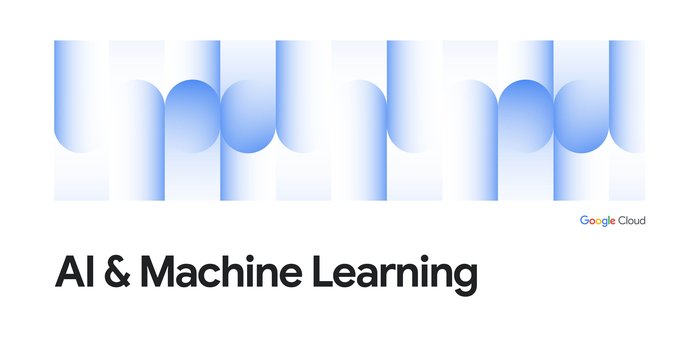How Google Cloud helps prepare the military's medical professionals to serve around the globe
Shannon Sullivan
Defense Director, Google Public Sector
While some military members don’t wear dress blues or camouflage, others wear different uniforms to answer their call of duty: scrubs and lab coats. More than 9,000 doctors, nurses, dentists, medics and scientists proudly serve their country by caring for military members every day, sometimes in the most dire of situations.
These 9,000 service members and civilians got their start at the Uniformed Services University of Health Sciences (USU), a health sciences school for military professionals based in Bethesda, Maryland. It’s there that individuals are educated, trained and then dispatched around the globe to provide care for service members.
Today, USU relies primarily on cloud-native technology and apps to educate their future medical professionals and researchers, a decision that seemed radical ten years ago when they first moved to G Suite.
Embracing the cloud to prepare students for the real world
At a time when mobile technology was slowly burgeoning in the workplace, most federal agencies were hesitant to work in the cloud due to concerns around security or fear of interrupting employee productivity. USU was something of a technology pioneer by choosing cloud-based software nearly a decade ago.
"We could have done what everyone else was doing back then and adopted another on-premise server," says Chief Technology Officer Sean Baker. "Or we could gamble a little bit and do something that was really going to transform our community, and that was going with a SaaS solution.”
Against the grain, USU moved 4,000 students, staff and faculty from on-premise productivity software to G Suite to increase collaboration between students and faculty, and simplify IT management and security. These changes helped USU more effectively train and prepare students for the real world. “Having an online collaboration suite has enabled us to do things differently and rethink old problems,” says Baker.
Using G Suite to work more effectively
Take storage, a common IT challenge. Previously, USU medical professionals would spend hours purging their inboxes to back up or archive information. Now, students, faculty, and staff simply drag and drop files and folders into Google Drive which has unlimited capacity. "The U.S. government and Department of Defence (DoD) are traditionally very paper heavy, and it's difficult to drive that change," he says. "But having a platform with unlimited storage makes it easier."
With more time on their hands, faculty focus on developing student skills, like providing more hands-on training. About four years ago the school digitized the instructional manual in its anatomical teaching lab, uploading it to the cloud. Instead of handling paper, students tap on the screen of a Chromebook and easily move from page to page as they dissect cadavers.
"Never in a million years would I propose moving our users off an online collaboration suite. Even the staff and faculty who come from the paper world would rebel if they were told they could no longer collaborate or store their files online,” says Baker.
The transition was seamless for USU’s students because many already used Google tools in their personal lives. And for faculty members, the cloud-based suite transformed the way they managed their files and interacted with their students. Instead of downloading and sharing different versions of work, students and faculty collaborate within one central document that can be accessed from anywhere—in the classroom or from the field.
Increasing data security and transparency in the cloud
And while some in government remain cautious about the security of their data in the cloud, USU argues that one of the key benefits of using a cloud productivity suite is the increased transparency and security it can provide. "Having a cloud-based platform gives us the ability to look into what our users are doing, which is orders of magnitude better than what we had before," Baker says. "When we store a user's materials centrally in the cloud, we know what's being done with the data at all times. That level of oversight has really enhanced the security of our environment."
For end users, G Suite’s data loss prevention tools and automated phishing warnings help prevent student and faculty data from leaking onto the Internet, allowing them to focus on their mission without worrying about the safety of their personal information. Full encryption and integration with third-party, multi-factor authentication tools further enhance the security of Google Cloud. Google Cloud has also added support for federal standards such as NIST 800-53, FIPS 140-2, and National Archive and Records Administration (NARA) data retention requirements to ensure customers’ meet compliance requirements.
Supporting mission readiness with seamless tools
For USU and its graduating classes, these cloud-based tools mean so much more than consolidating resources, finishing school work quickly, or checking a box for security standards. These tools help students better prepare for when they’re out in the field, aiding service members during their most vulnerable moments.



